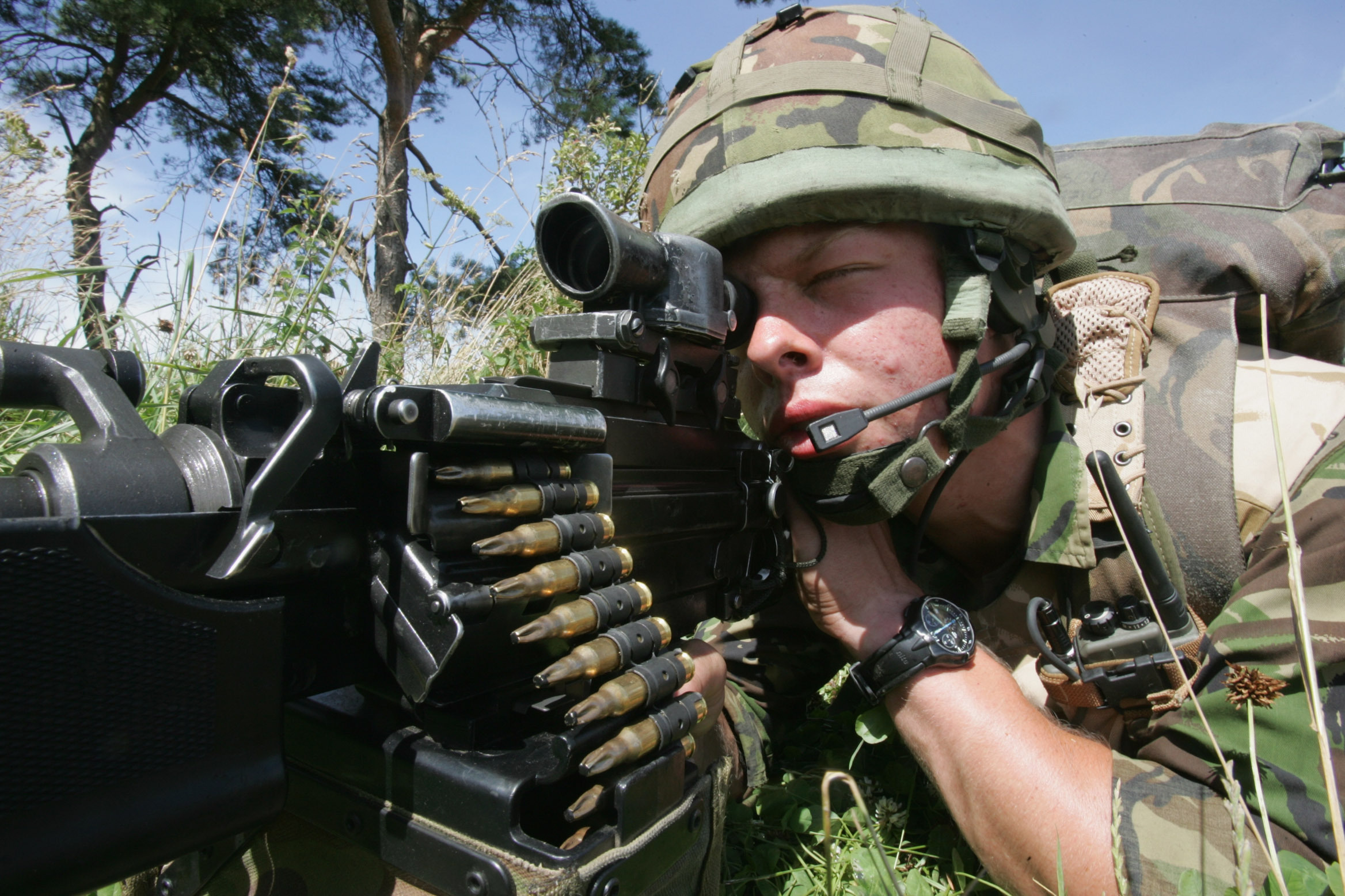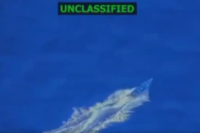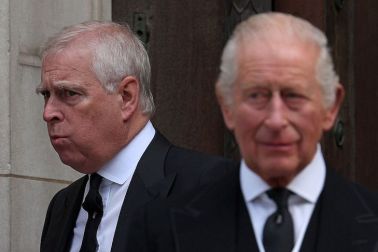 European Union countries keep half a million more men and women under arms than the United States. But 70 percent of these troops cannot operate outside of their national borders and only 6,000 of them—0.3 percent of the total—are currently deployed on European Security and Defence Policy operations. The problem, as my colleague at the European Council on Foreign Relations Nick Whitney argues, is that European governments are squandering their already small defence budgets on outdated Cold War style-forces.
European Union countries keep half a million more men and women under arms than the United States. But 70 percent of these troops cannot operate outside of their national borders and only 6,000 of them—0.3 percent of the total—are currently deployed on European Security and Defence Policy operations. The problem, as my colleague at the European Council on Foreign Relations Nick Whitney argues, is that European governments are squandering their already small defence budgets on outdated Cold War style-forces.
Tony Blair hit upon European defence as an issue where the Labour government could lead, pursuing both prestige and power in the EU. He helped the EU ditch its fantasies about a 60,000 person rapid-reaction force and instead pushed the ingenious battle-group concept. Ingenious because, while the 1,500-person groups established were of limited military value – being small, having no lift capacity and deployable only in permissive environments – they nonetheless forced European governments to spend more smartly on defence.
Leadership is again needed today but given his current predicament Gordon Brown is unlikely to take up Nicolas Sarkozy’s cry for a European defense initiative. With William Hague defining Tory Europe policy, not much can be expected from the Opposition either. But that is a shame. For it is firmly in Britain’s interest to help build Europe’s defense capabilities. Not to build a European army, Lord no. But I defy anyone to read Nick’s report ‘Re-energising Europe’s Security and Defence Policy’ and still believe that a European army is even a remote prospect. Nor would a European defense capability duplicate Nato, hence the change in the US attitude to it.
Rather, it would be good policy – including good Tory policy – to help ensure that Europeans become increasingly able to help lift the security burden around the world. If the price for greater investment by EU allies is accepting a broom-closet of an office in Brussels with fifty French and German officers planning their next deployment – so be it.
To ensure everyone spends in an appropriate and coordinated way, Witney suggests that the EU set-up ‘pioneer groups’ of those willing to move things forward when not all are ready to join in. Such groups should be set up for each of the main arenas for boosting Europe’s defence capabilities – military capability development, research and technology, armaments etc. Each such group would have its own qualifying criteria and commitments. The idea, like with the battle-groups, would be to coax all EU states to do and spend more.
The natural British reaction is to ridicule anything to do with European defense. “Advanced scouting”, a former Chief of Defence Staff once called it. But with a new U.S president likely to want more European support for NATO’s mission in Afghanistan and British forces are already stretched, finding ways to up Europe’s defense investment will be crucial. They key is to link any bureaucratic innovations in Brussels to greater defense investment across the 27-member club and greater European support, including through NATO, for British efforts in Afghanistan.







Comments